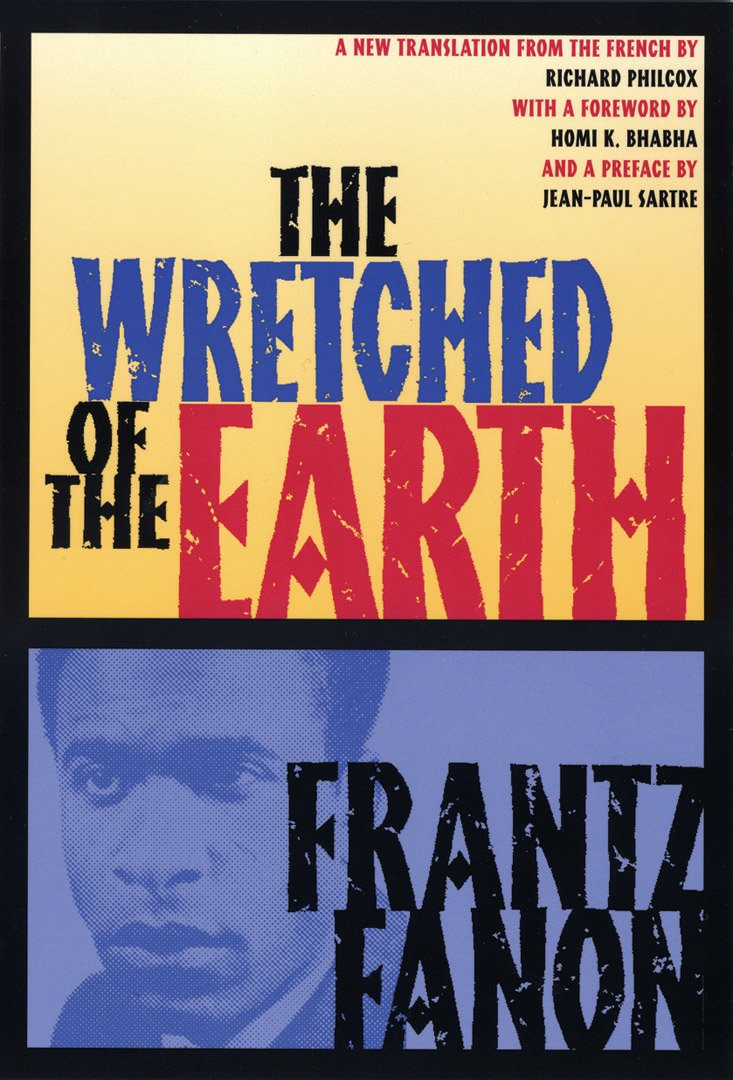"National liberation, national reawakening, restoration of the nation to the people or Commonwealth, whatever the name used, whatever the latest expression, decolonization is always a violent event. At whatever level we study it-individual encounters, a change of name for a sports club, the guest list at a cocktail party, members of a police force or the board of directors of a state or private bank-decolonization is quite simply the substitution of one "species" of mankind by another. The substitution is unconditional, absolute, total, and seamless. We could go on to portray the rise of a new nation, the establishment of a new state, its diplomatic relations and its economic and political orientation. But instead we have decided to describe the kind of tabula rasa which from the outset defines any decolonization. What is singularly important is that it starts from the very first day with the basic claims of the colonized. In actual fact, proof of success lies in a social fabric that has been changed inside out. This change is extraordinarily important because it is desired, clamored for, and demanded. The need for this change exists in a raw, repressed, and reckless state in the lives and consciousness of colonized men and women. But the eventuality of such a change is also experienced as a terrifying future in the consciousness of another "species" of men and women: the colons, the colonists."
Frantz Fanon


